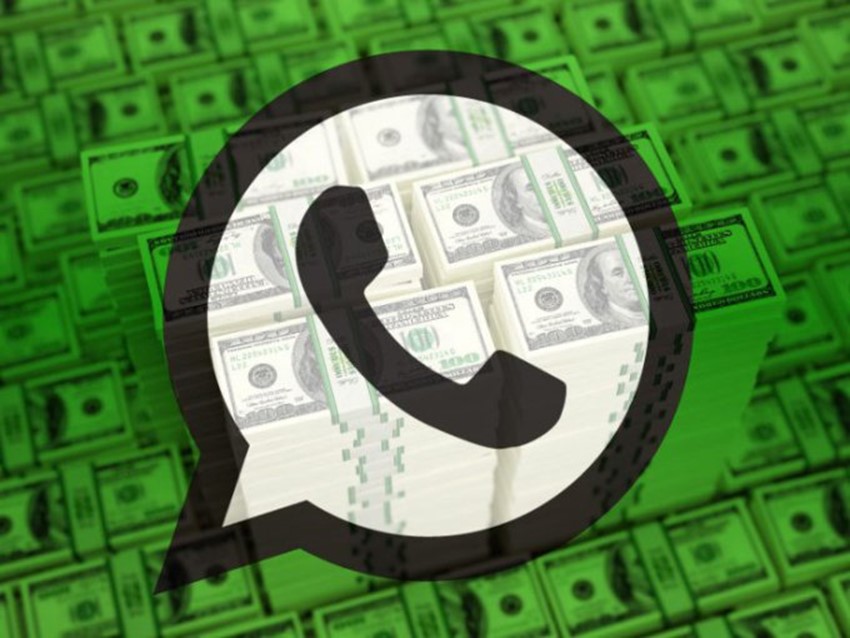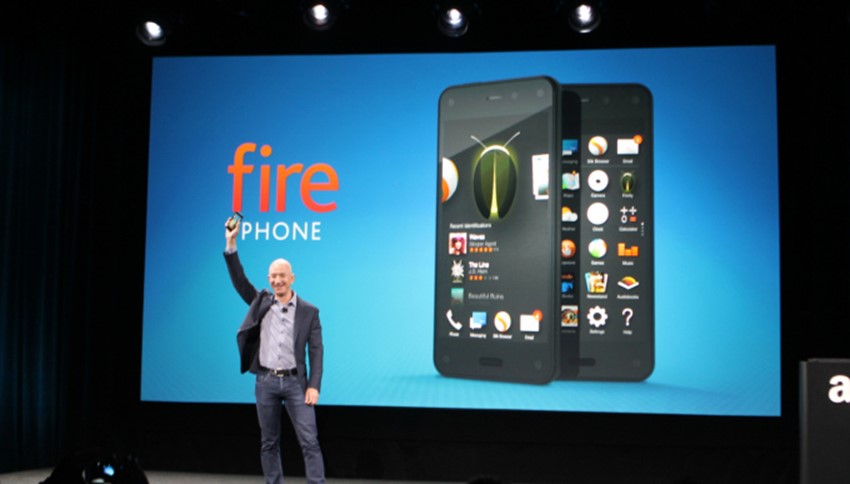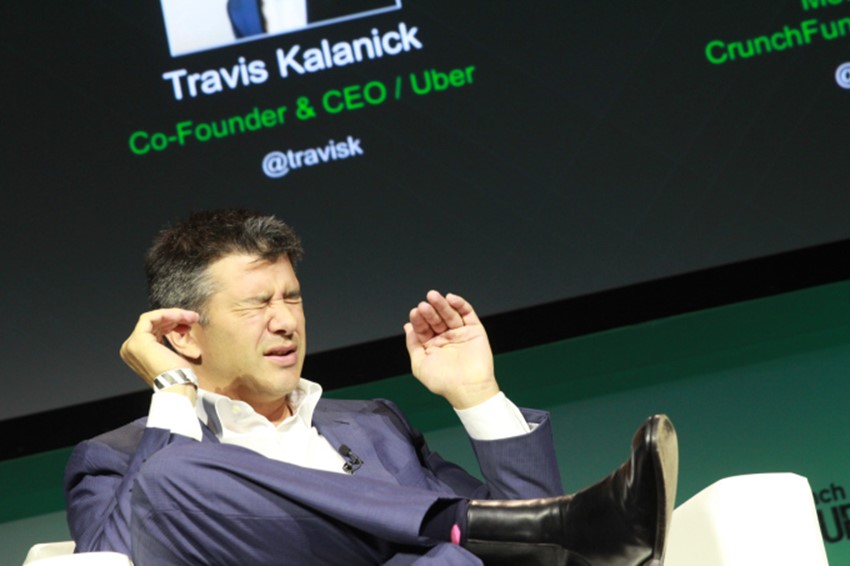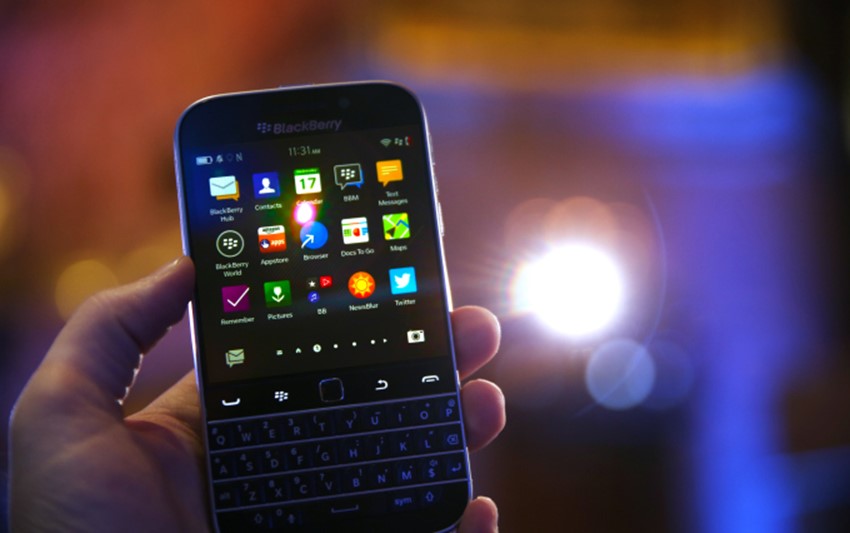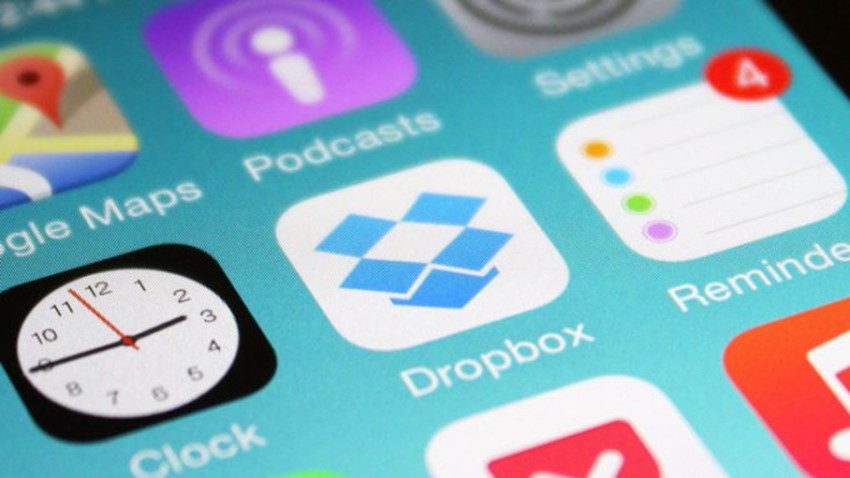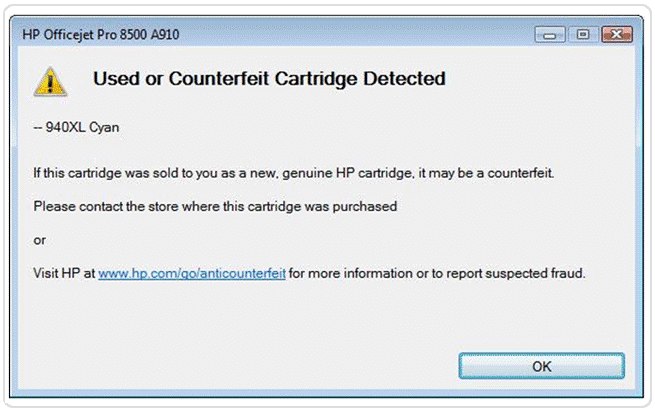For the past several months, different groups of attackers have distributed malware through Microsoft Office documents that contain malicious macros, reviving a technique that has been out of style for over a decade.
Macros are scripts that contain commands for automating tasks in various applications. Microsoft Office programs like Word and Excel support macros written in Visual Basic for Applications (VBA) and these can be used for malicious activities like installing malware.
To prevent abuse, starting with Office XP, released in 2001, users are asked for permission before executing unsigned macros embedded in files, this being the primary reason why attackers have stopped using macros in favor of other malware distribution methods.
However, it seems that when coupled with social engineering the technique can still be effective and some cybercriminal groups have recently started to exploit that.
“The Microsoft Malware Protection Center (MMPC) has recently seen an increasing number of threats using macros to spread their malicious code,” malware researchers from Microsoft said in a blog post last Friday.
Two such threats that primarily target users in the U.S. and U.K. and whose activity peaked in mid-December are called Adnel and Tarbir. Both are distributed through macros embedded in .doc and .xls documents that are delivered via spam emails and typically masquerade as receipts, invoices, wire transfer confirmations, bills and shipping notices.
When opened, the documents provide victims with step-by-step instructions on how to enable the untrusted macros to run, the Microsoft researchers said. “The combination of the instructional document, spam email with supposed monetary content, and a seemingly relevant file name, can be enough to convince an unsuspecting user to click the Enable Content button.”
Another malware program that’s being distributed through macros is called Dridex and targets online banking users. At their peak in November, the Dridex-related spam campaigns distributed up to 15,000 documents with malicious macros per day, according to researchers from security firm Trustwave.
The documents posed as invoices from software companies, online retailers, banking institutions and shipping companies and some of them had instructions on how to enable the macros to run, the Trustwave researchers said Tuesday via email.
It’s not just cybercriminals who began using the macros technique again, but also state-sponsored attackers. Researchers Gadi Evron and Tillmann Werner recently presented their analysis of a cyberespionage operation dubbed Rocket Kitten at the Chaos Communication Congress in Hamburg. The attackers targeted government and academic organizations in Israel and Western Europe using spear-phishing emails that contained Excel files with malicious macros. When run, the macros installed a sophisticated backdoor.
Another cyberespionage campaign that used Word documents with malicious macros was CosmicDuke, which was uncovered in September and targeted at least one European Ministry of Foreign Affairs. “It’s heartwarming to see how kind the attackers are: when you open the email attachment, the Word document helps you enable macros by instructing you to click ‘Enable Content’,” researchers from F-Secure said Wednesday in a blog post discussing connections between the CosmicDuke, MiniDuke and OnionDuke malware programs.
Via: itworld


